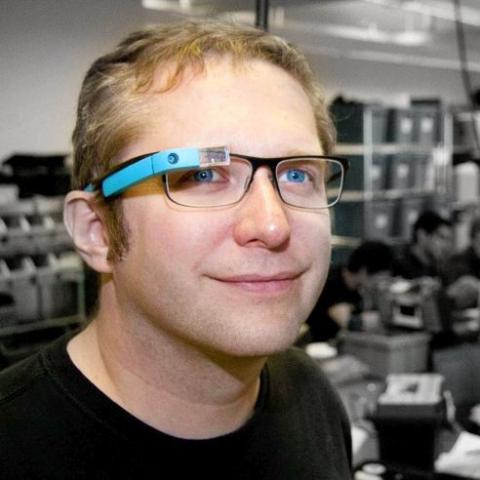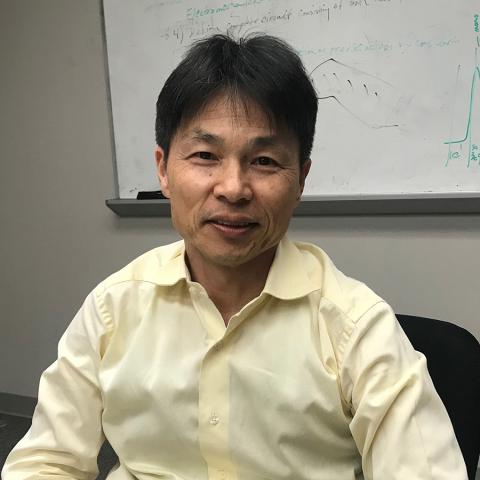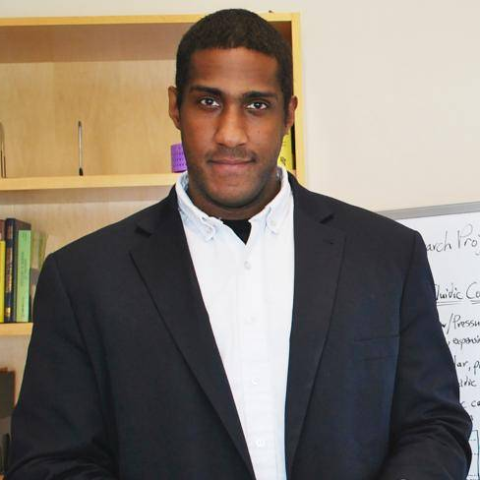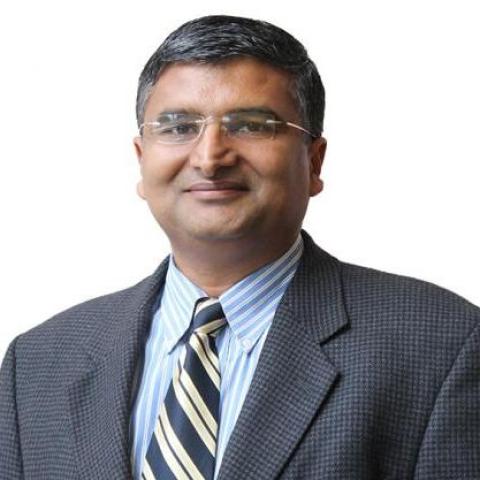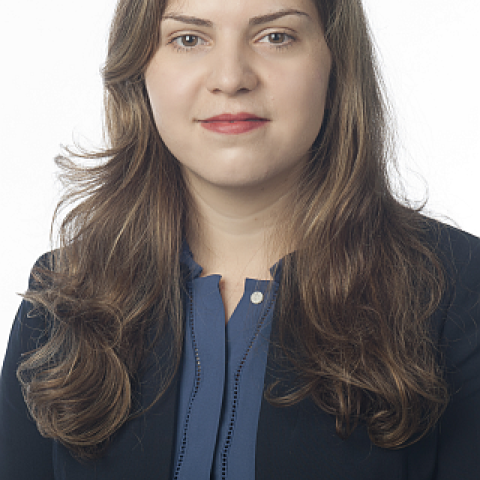Jun Ueda
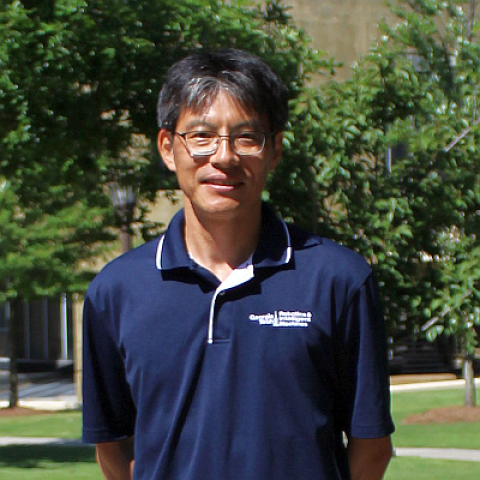
Jun Ueda joined Georgia Tech in May 2008 as Assistant Professor. Before Georgia Tech, he was a Visiting Scholar and Lecturer at MIT, where he worked on the development and control of cellular actuators inspired by biological muscle. He developed compliant, large strain piezoelectric actuators and a robust control method called stochastic broadcast feedback. From 2002-2008 he was Assistant Professor at Nara Institute of Science and Technology in Japan, where he led a research group dedicated to dynamics and control in robotics, such as robot hand manipulation, tactile sensing, and power-assisting. From 1996 to 2002 and prior to obtaining his Ph.D, he worked at the Advanced Technology R&D Center of Mitsubishi Electric Corporation in Japan. Here he was involved in a variety of activities including disk drives, machine tools, and satellite tracking antennas. His Ph.D. work at Kyoto University was on the end-point control of a robot manipulator mounted on a non-rigid base. He studied feedback control robustness in terms of the coupling of the arm and base dynamics.

